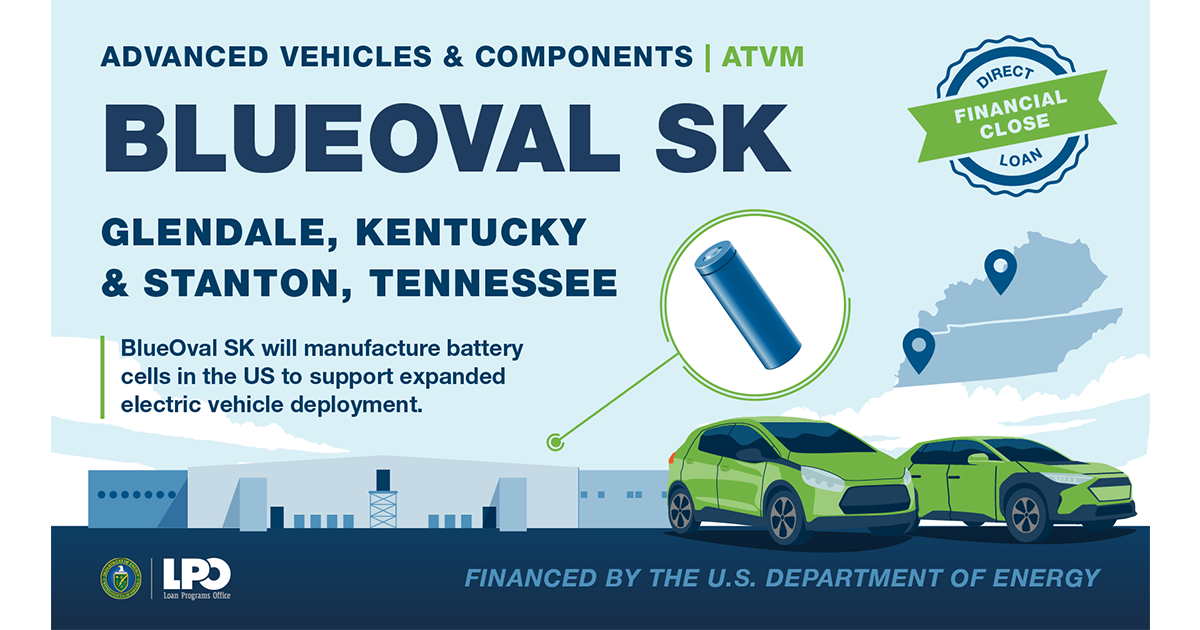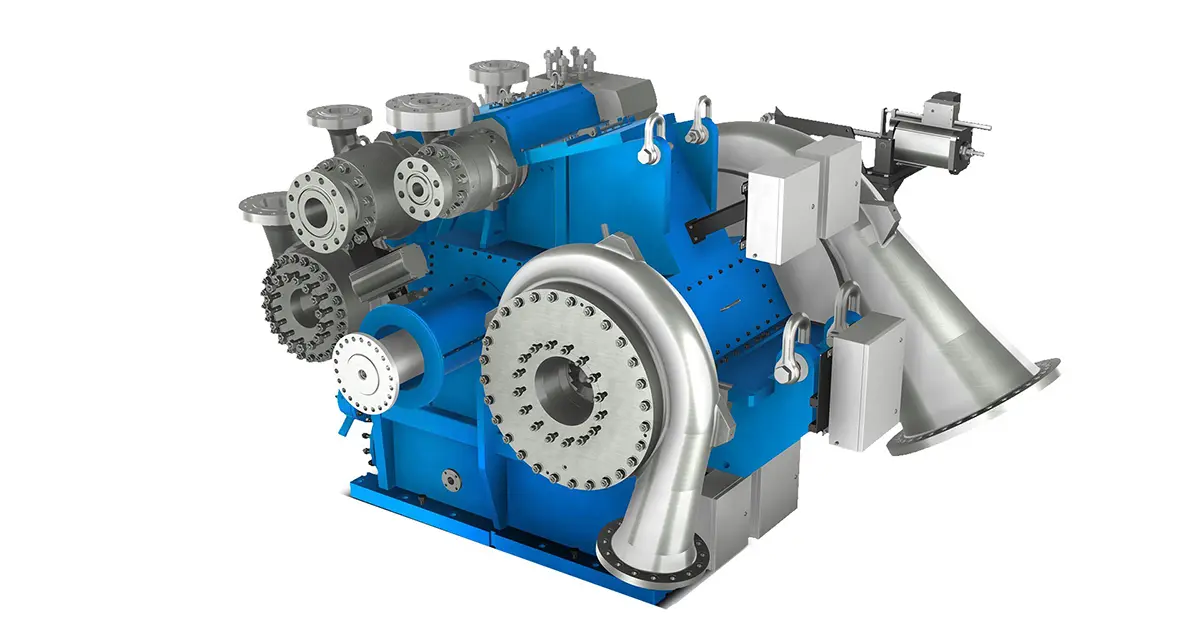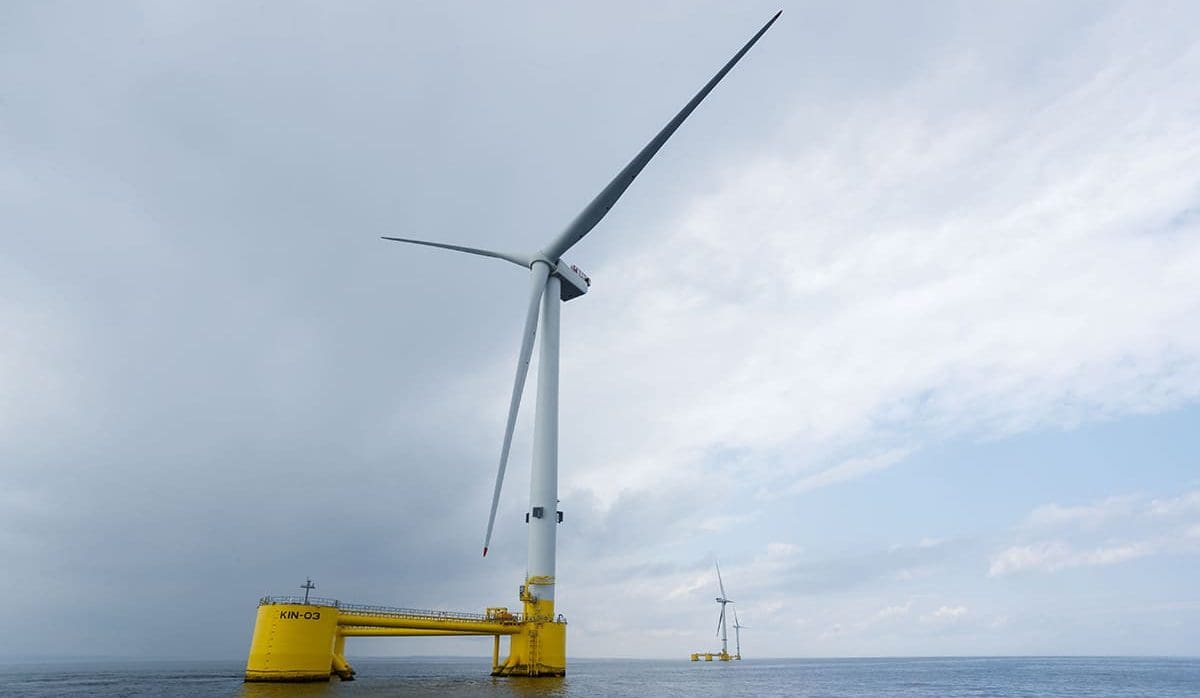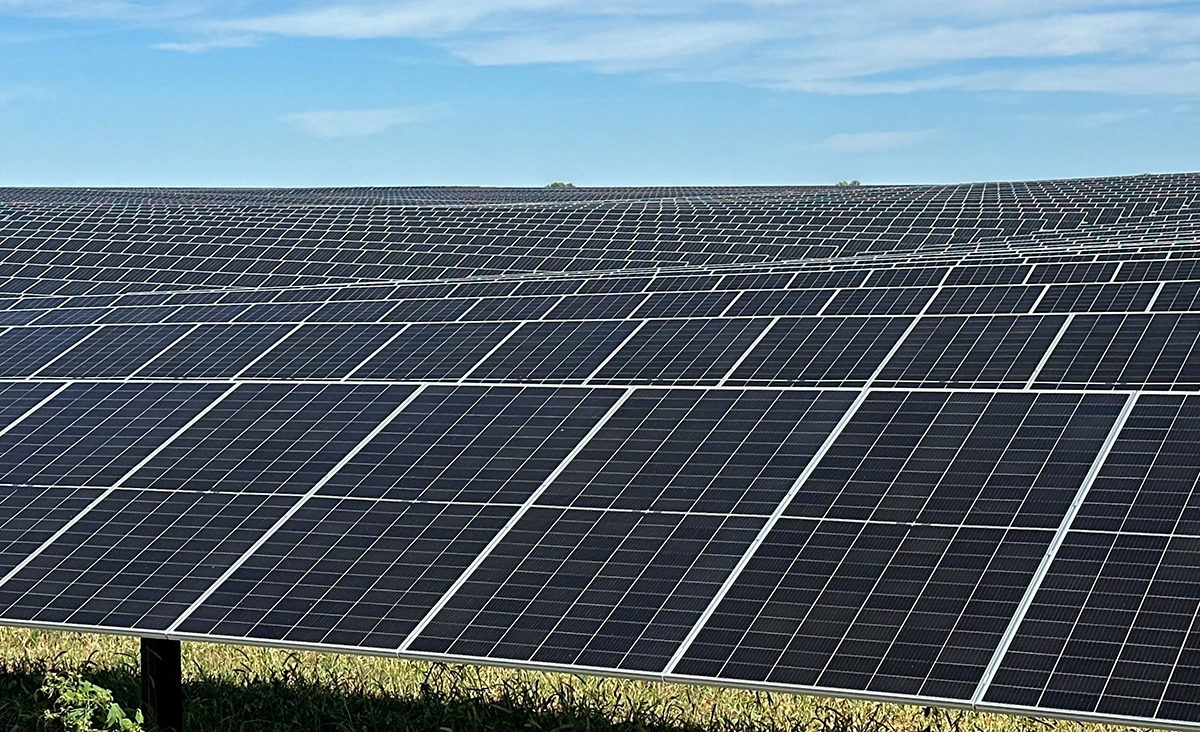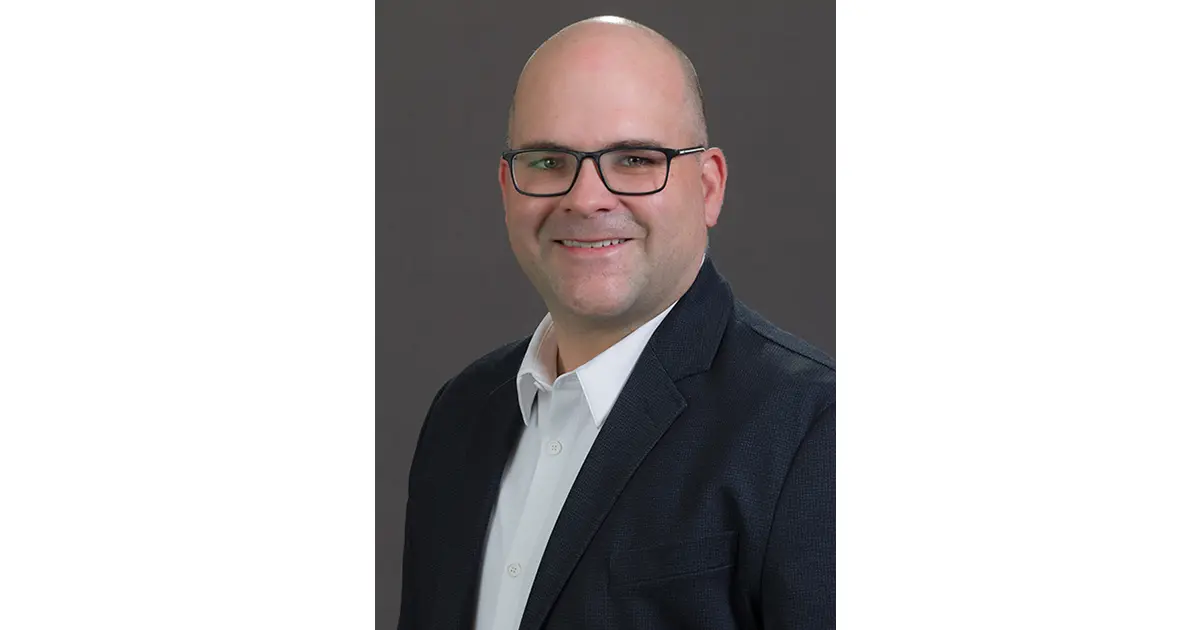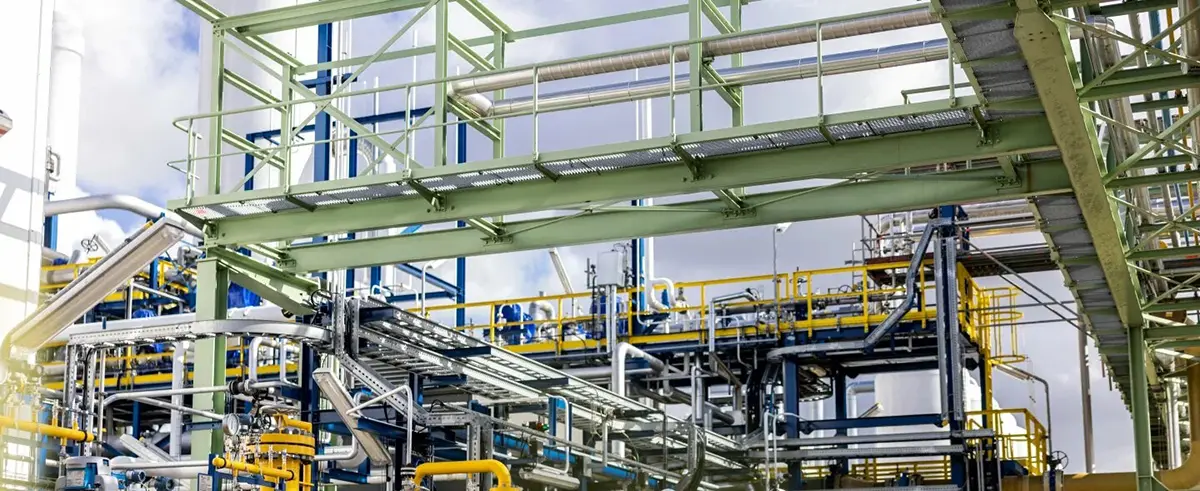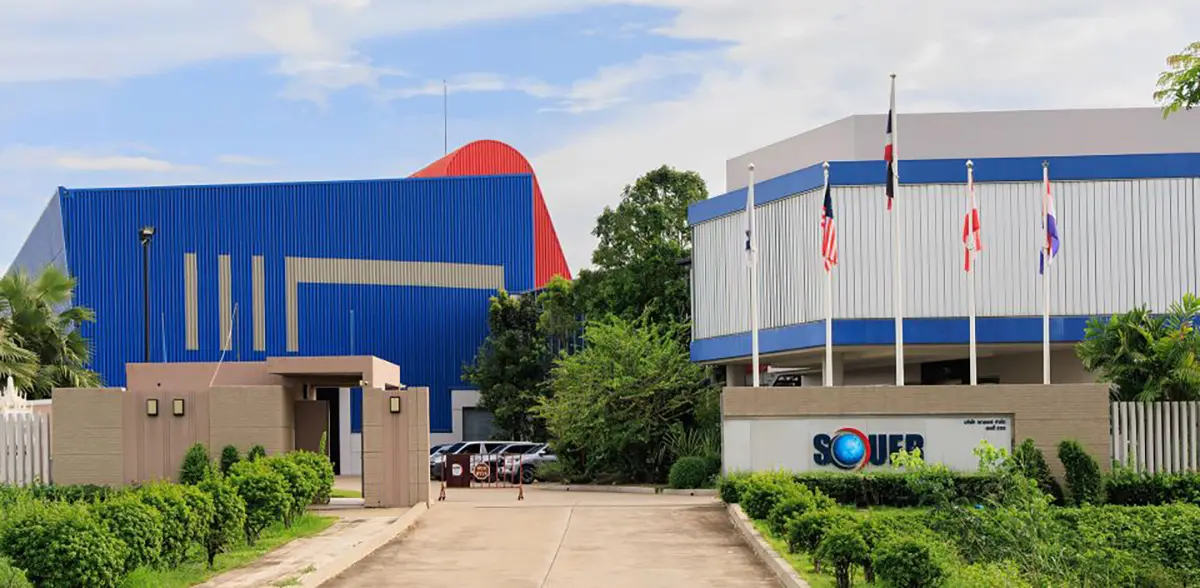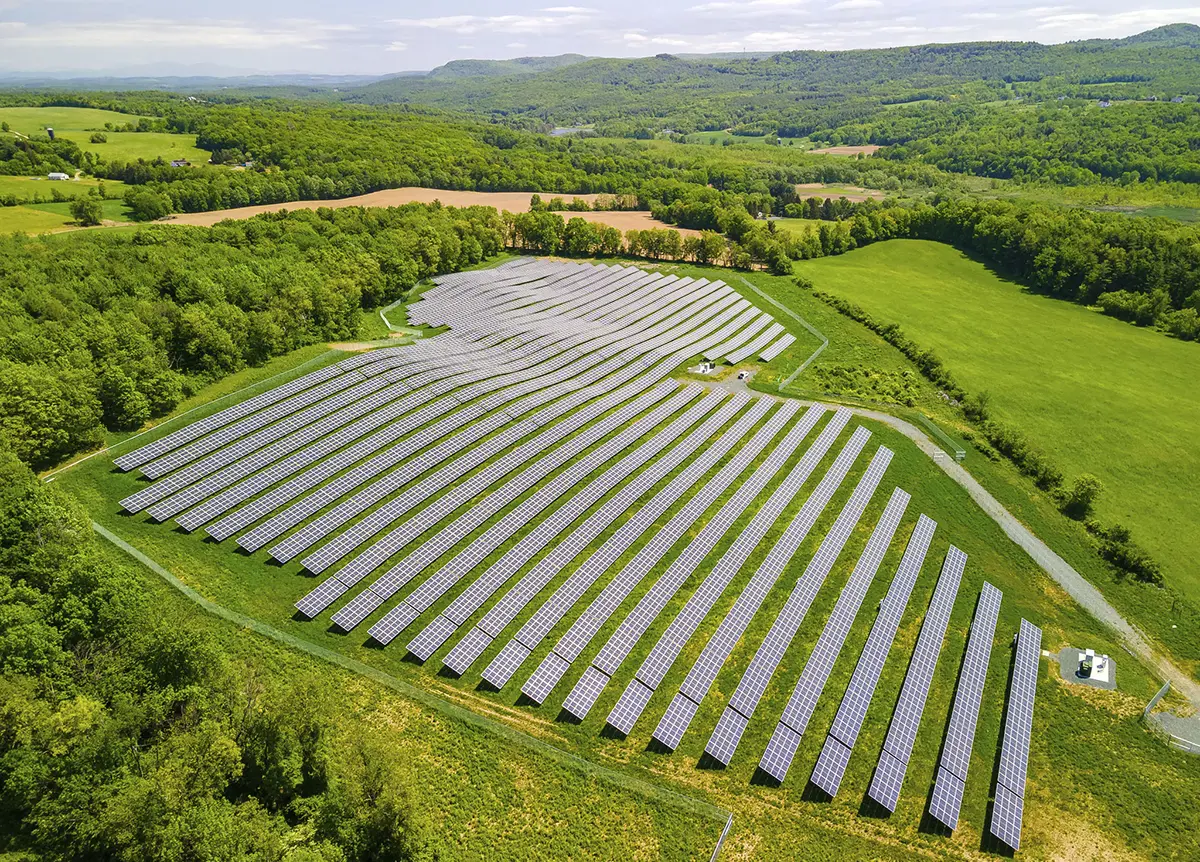
Rolls Royce Goes For Gold
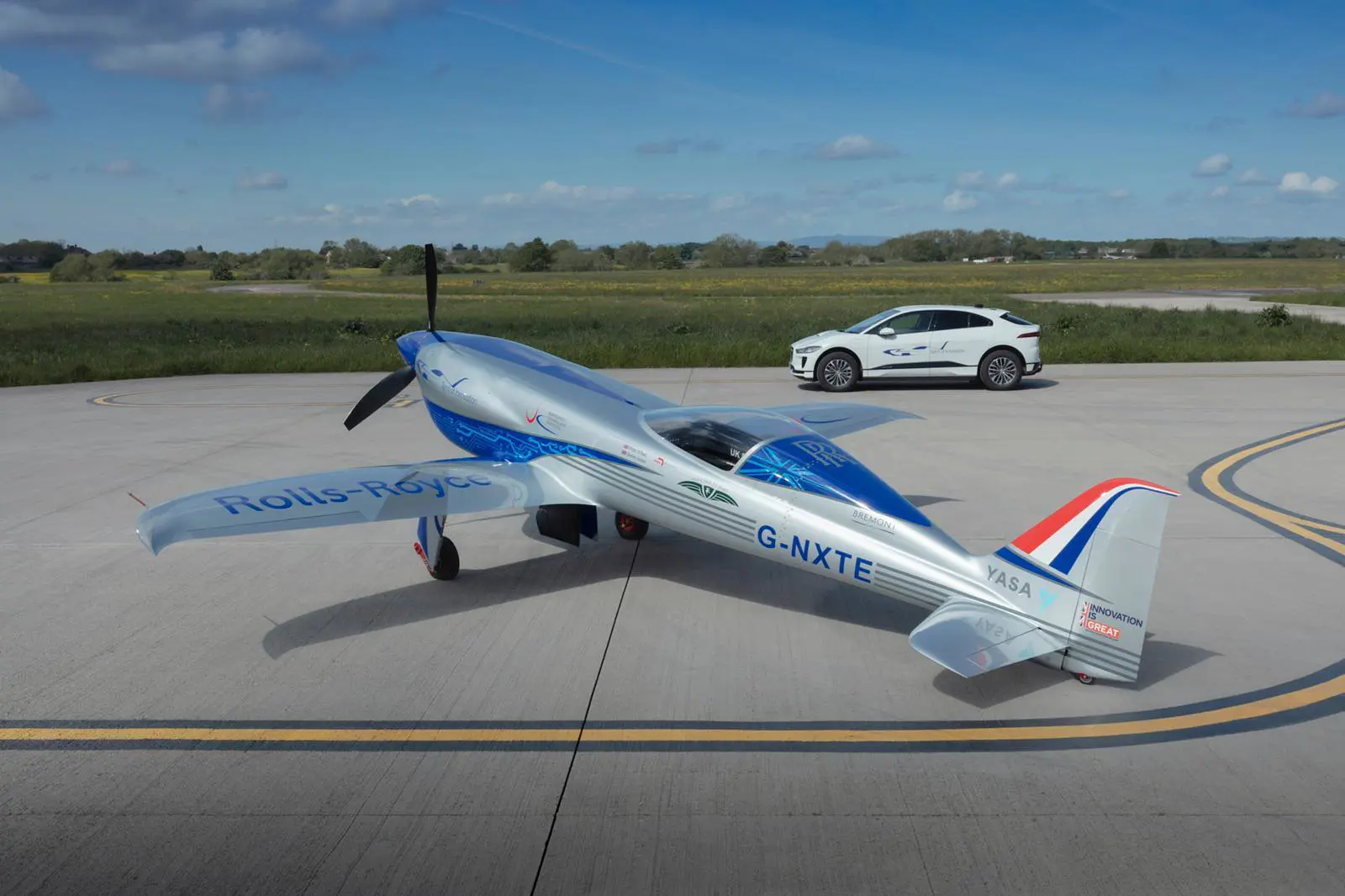
Rolls-Royce’s all-electric aircraft the ‘Spirit of Innovation’ will take to the skies for the first time in the coming weeks as the company works toward a world-record attempt with a target speed of over 300 mph (480 km). The project will be carbon neutral. Jaguar Land Rover is supporting the project by loaning all-electric, zero-emission Jaguar I-PACE cars as towing and support vehicles.
The aircraft was created by the Accelerating the Electrification of Flight (ACCEL) program, which includes key partners YASA, the electric motor and controller manufacturer, and aviation start-up, Electroflight. Half of the project’s funding is provided by the Aerospace Technology Institute (ATI), in partnership with the Department for Business, Energy and Industrial Strategy, and Innovate UK. The ACCEL team has continued to innovate while adhering to the UK Government’s social distancing and other health guidelines.
“Rolls-Royce and Jaguar Land Rover are UK pioneers who are focused on advancing electrical technology for their respective sectors,” said Rob Watson, director of Rolls-Royce Electrical. “We are delighted that Jaguar Land Rover are loaning us I-PACE vehicles as we bid to develop the world’s fastest all-electric plane. It is important to us that the ACCEL program is carbon neutral, and this will be supported by having all-electric cars for ground-support.”

According to Rolls-Royce, the ‘Spirit of Innovation’ features an electric propulsion system delivering over 500 horsepower with the most power-dense battery pack ever assembled for an aircraft. It provides enough energy to fuel 250 homes or fly London to Paris on a single charge. The I-PACE uses two electric motors producing a total of 394 horsepower with power delivered by a state-of-the-art 90-kWh Lithium-ion battery featuring 432 pouch cells. The I-Pace has a range just shy of 300 miles.
“The I-PACE is a real pioneer; when it launched in 2018, it was the world’s first premium all-electric SUV, establishing Jaguar as a leader in electrification and setting the brand on a path to become fully electric by 2025,” said Rawdon Glover, Jaguar Land Rover UK MD. “We’re delighted to be supporting another great British pioneer Rolls-Royce and their team as the ‘Spirit of Innovation’ aircraft brings electrified aviation into the nation’s psyche with this incredible 300 mph record attempt.”
The ACCEL project is part of Rolls-Royce’s journey toward enabling the sectors in which it operates to reach net-zero carbon by 2050. The company will be using the technology from the ACCEL project and applying it to products for the market, bringing a portfolio of motors, power electronics, and batteries into the general aerospace, urban air mobility, and small commuter aircraft sectors. In a similar vein, the Jaguar Racing Formula E team’s experiences on-track help generate real-world improvements in Jaguar’s roadgoing electric vehicles. Several members of the ACCEL project team have come from Formula E backgrounds.

Both Rolls-Royce and Jaguar Land Rover are dedicated to decarbonizing their footprints. Rolls-Royce has halved the greenhouse gas emissions associated with operations and facilities since 2014 and is on track to meet a 2030 target of net-zero emissions from operations. The company has also committed to ensuring new products will be compatible with net-zero operation by 2030, and all products will be compatible with net zero by 2050. Jaguar Land Rover is aiming to achieve net-zero carbon emissions across its supply chain, products, and operations by 2039.
The ACCEL project represents a series of firsts for Rolls-Royce, including being the first Rolls-Royce project to use offsetting to make the whole program carbon neutral.

